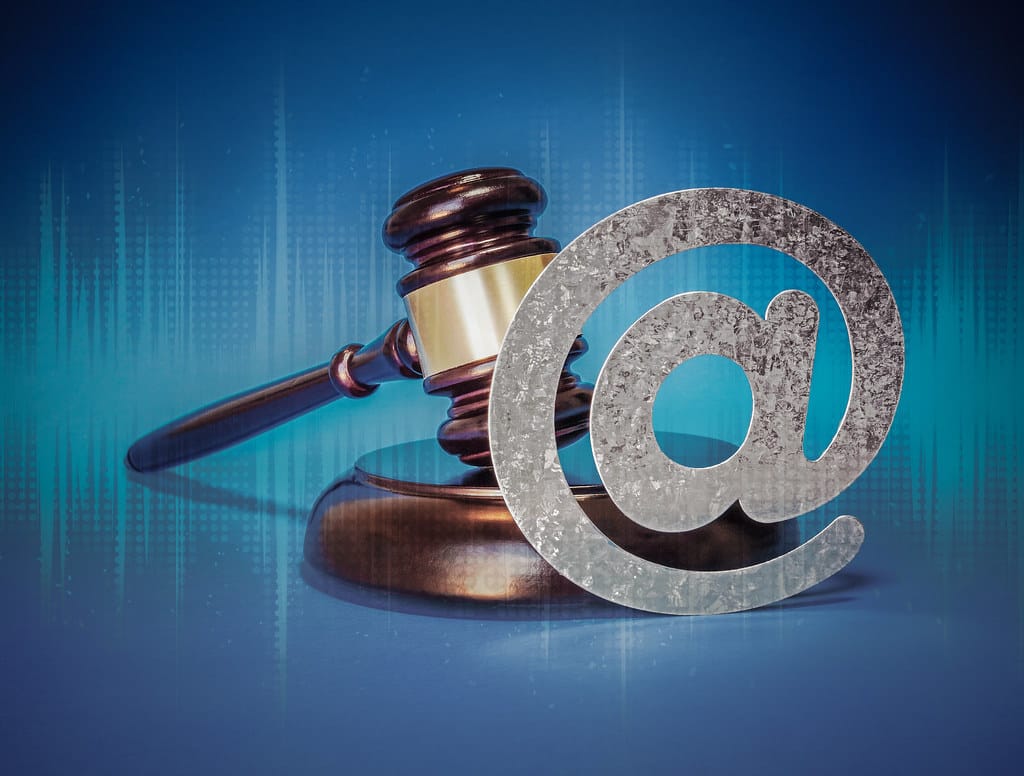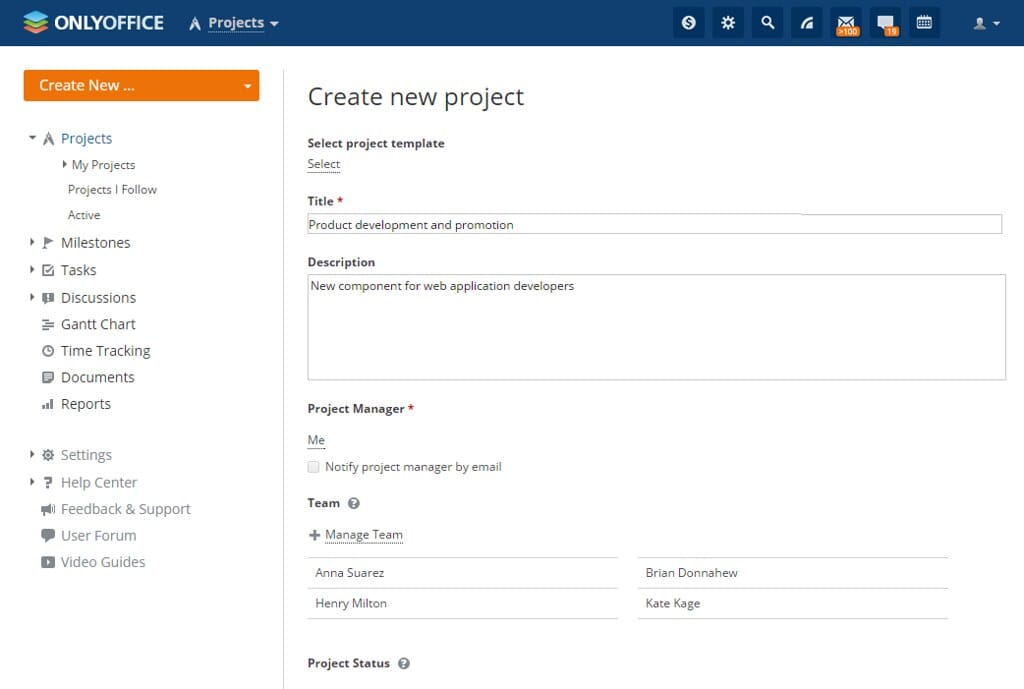The Internet's Hostage Crisis: How a Toxic Minority Is Hijacking Our Digital Future
The internet was supposed to be humanity's great democratizing force—a digital town square where ideas could flourish and connections could transcend borders. Instead, we're witnessing its transformation into a battleground where a vocal minority of bad actors is systematically poisoning the well for everyone else.
The Numbers Tell a Stark Story
Recent research paints a troubling picture of our digital landscape. According to the Anti-Defamation League's 2023 Online Hate and Harassment Report, 26% of Americans experienced severe online harassment in the past year—up from 19% in 2021. Yet this abuse isn't distributed evenly across the population. Studies consistently show that a small percentage of users generate the vast majority of toxic content.
Twitter's own internal data, revealed during the platform's transparency reports, showed that just 0.1% of users were responsible for roughly 50% of all harassment reports. This pattern repeats across platforms: a concentrated group of dedicated troublemakers creating an outsized impact on millions of regular users.
The Amplification Machine
What makes this minority so destructive isn't just their numbers—it's how social media algorithms inadvertently amplify their reach. Engagement-driven recommendation systems often prioritize controversial content because it generates clicks, shares, and comments. The result? A feedback loop where the most inflammatory voices rise to the top.
"The architecture of social media rewards the loudest, angriest voices," explains Dr. Sarah Chen, a digital sociology researcher at Stanford University. "Platforms optimize for engagement, not quality discourse, which means trolls and bad actors get the biggest megaphones."
This algorithmic amplification means that while toxic users remain a minority, their content can reach millions. A single inflammatory post can snowball into trending topics, viral harassment campaigns, and coordinated attacks that drive vulnerable users offline entirely.
The Exodus Effect
The consequences are measurable and devastating. The Pew Research Center found that 41% of Americans have personally experienced online harassment, with 25% describing it as severe. More concerning is what happens next: 27% of those harassed say they stopped using a platform entirely, while 22% significantly reduced their online activity.
This creates a dangerous spiral. As reasonable voices retreat, the toxic minority gains even more relative influence. We're witnessing a digital version of Gresham's Law: bad discourse drives out good discourse.
Consider the case of women journalists, who face harassment rates 300% higher than their male counterparts according to the International Women's Media Foundation. Many have abandoned Twitter entirely, depriving public discourse of crucial voices. The same pattern affects scientists discussing climate change, doctors sharing health information, and educators promoting media literacy.
Platform Whack-a-Mole
Tech companies have invested billions in content moderation, yet the problem persists. The challenge isn't just identifying bad actors—it's the sophisticated ways they evolve their tactics. From coordinated inauthentic behavior to dog-whistle harassment campaigns, toxic users constantly adapt to circumvent platform rules.
Meta employs over 15,000 content moderators and uses AI systems to flag potential violations. Yet according to their own Community Standards Enforcement Report, they still miss significant amounts of harassment, hate speech, and misinformation. The problem isn't incompetence—it's that determined bad actors will always find new ways to game the system.
The Path Forward
The solution isn't to abandon the internet's democratic potential, but to fundamentally rethink how we structure online spaces. Some platforms are experimenting with community-driven moderation, where users help identify and address problematic behavior. Others are exploring subscription models that remove the engagement-driven incentives that reward toxic content.
Technical solutions alone won't suffice. We need digital literacy education that helps users recognize and resist manipulation. We need legal frameworks that hold platforms accountable for enabling harassment while protecting free expression. Most importantly, we need to recognize that our collective digital future is too important to let a toxic minority derail it.
The internet doesn't have to be a hostile place. But reclaiming it from bad actors will require coordinated effort from platforms, policymakers, and users alike. The stakes couldn't be higher: our digital public square hangs in the balance.

